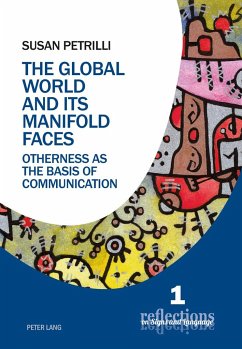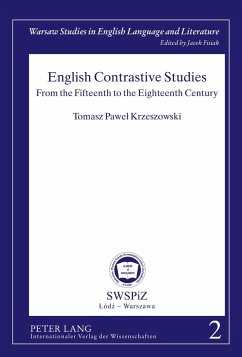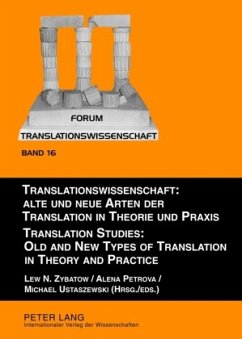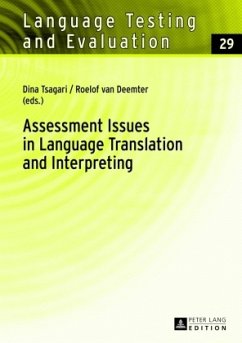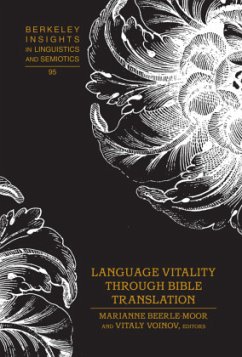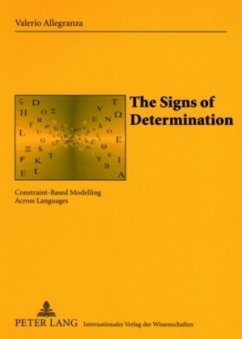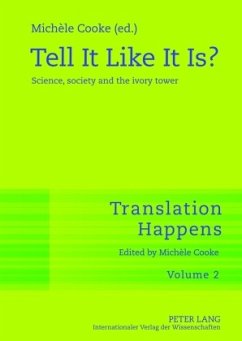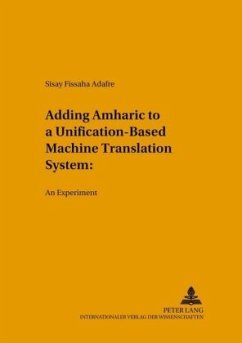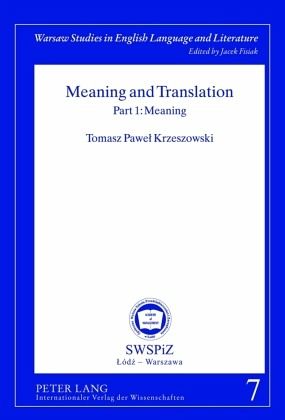
Meaning and Translation
Part 1: Meaning
Versandkostenfrei!
Versandfertig in 6-10 Tagen
74,60 €
inkl. MwSt.

PAYBACK Punkte
0 °P sammeln!
Since translation cannot be approached in isolation from meaning, anything that is said about translation must necessarily be placed in the context of meaning. Accordingly, the first volume of the book concerns this necessary context, while the second volume will view translation in terms of the semantic framework presented in the first volume. Both volumes are to a large extent consistent with major tenets of cognitive linguistics. The work is addressed primarily to students pursuing translation studies but also to all those persons who are interested in semantics and translation for whatever...
Since translation cannot be approached in isolation from meaning, anything that is said about translation must necessarily be placed in the context of meaning. Accordingly, the first volume of the book concerns this necessary context, while the second volume will view translation in terms of the semantic framework presented in the first volume. Both volumes are to a large extent consistent with major tenets of cognitive linguistics. The work is addressed primarily to students pursuing translation studies but also to all those persons who are interested in semantics and translation for whatever other reasons. The main aim of the book is to provide the prospective reader with a quantum of knowledge in the two areas. A subsidiary aim is to tidy up the metalinguistic terminology, replete with such deficiencies as polysemy, whereby one term is laden with a number of senses, as well as synonymy, due to which one sense is connected with more than one term.




